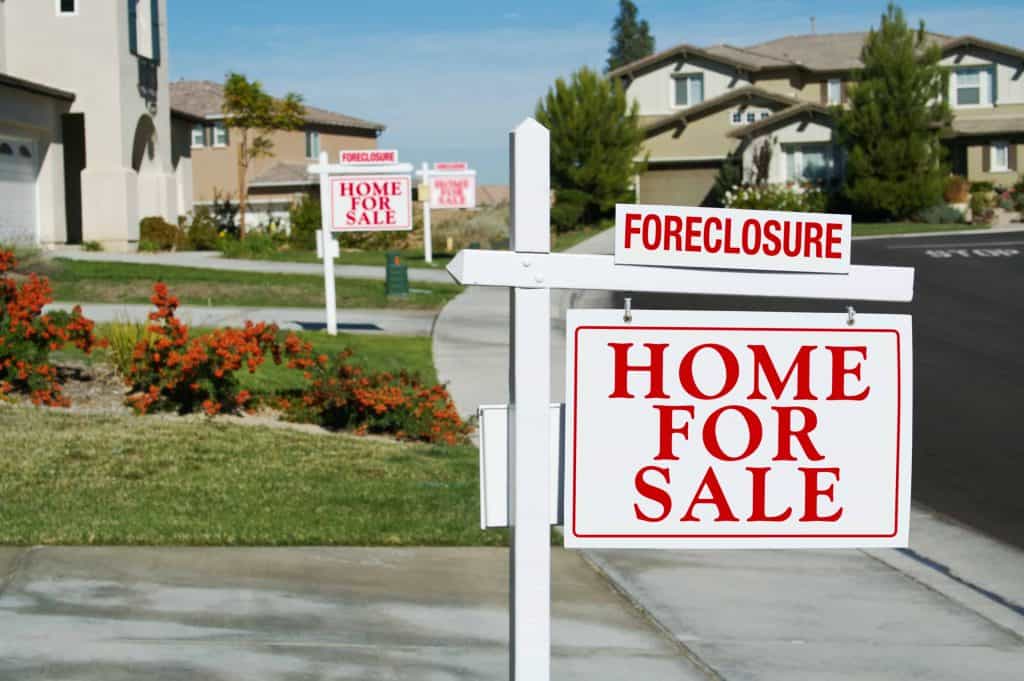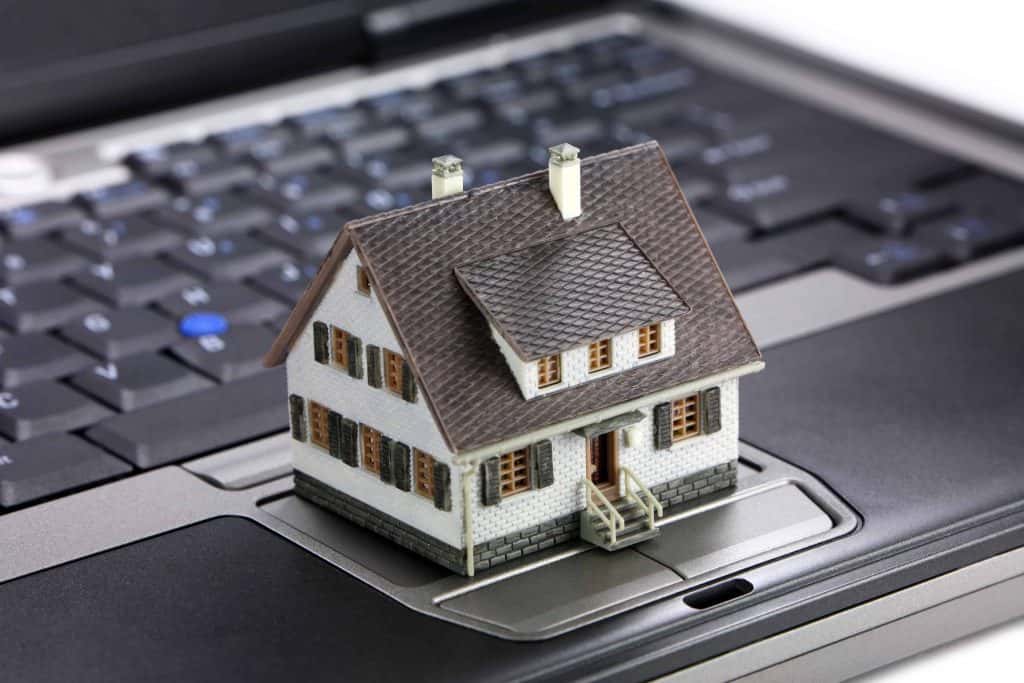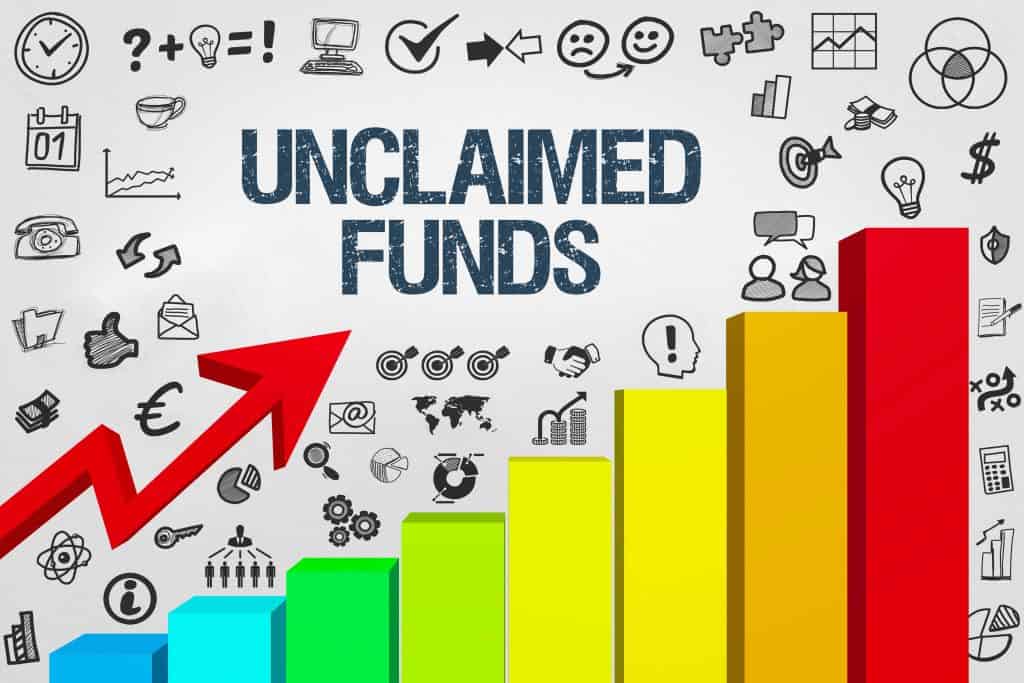If you have considered buying a home at one point, you have likely searched online to view what’s available in your area. During your search you may remember coming across properties that are listed as foreclosures. These listings don’t often have detailed descriptions or professional photos like some of the other listings near you. However, you may have also noticed that these types of properties are listed at significantly lower prices than other similar sized homes in the area. What is the deal with these types of properties and how might this benefit a potential homebuyer? Let’s get into it!
What’s the Deal with Foreclosures?
Foreclosed homes are typically sold at auction or listed for a discounted price relative to the area. You might be wondering how a property ends up in foreclosure. A foreclosure happens when a lender takes ownership of a home and puts it up for sale. When the current owner stops making payments on their loan and is no longer in good standing, the lender gains ownership of the home. This takes place on the date that the current owner is asked to move out by.
You can expect that a foreclosed home needs both upgrades, as well as multiple costly repairs throughout the property. It is likely that if a family had trouble making their monthly mortgage payment, that they weren’t able to afford regular upkeep either. Furthermore, the bank wants to sell the home quickly to try to lessen the blow of potential loss. Therefore, the bank won’t spend the time or money fixing up the home before selling it. Once the property is vacant, the bank will list it for sale. In addition to all of that, the purchasing transaction can also come with cost advantages for the buyer. Examples could be:
- Fewer closing costs
- Reduced interest rates
- A lower down payment
Different Types of Foreclosures For Sale
Not all foreclosed properties for sale are the same. There are different types of foreclosures to be aware of. These include:
- Auction Homes
- Bank Purchased Properties
- Pre-Foreclosure Homes
- Government Owned Properties
- Short Sales
Auction Homes
You can find a sheriff’s sale auction in many places. At one point, you may have seen signs or postings advertising auctions in your area. These events can often be held in front of official buildings. Auctions are a good way for lender’s to get paid as quickly as possible after a home loan goes into default. A home gets put up for sale at auction as the first step after the borrower’s grace period to get into good standing with their mortgage expires.
Bank Purchased Properties
Rather than spending your time finding and attending auctions, you could purchase a foreclosure from the bank that owns it instead. However, you can’t do this until the home is listed. Homes that are owned by a bank are known as a real estate-owned (REO) property. This happens when a home that faces foreclosure does not sell at auction.
Pre-Foreclosure Homes
Homes in pre-foreclosure are exactly like they sound. They are at the first stages of the foreclosure process, and the property hasn’t been taken back by the lender yet. At this stage, the home won’t be listed for sale at auction by the bank because the owner still has a chance to pay back their loan. The homeowner may choose to list the property themselves, but needs to state it is a pre-foreclosure property on the listing. Potential homebuyers are likely to have the advantage in these types of transactions because of the owner’s need to sell quickly.
Government Owned Properties
The U.S. Department of Housing and Urban Development (HUD) website is where you can find homes like this for sale. If you find one that you like, you need to reach out to a government-registered broker to help. These brokers handle the sale of these types of properties. The HUD owns these homes as a result of a borrower defaulting on a government-backed loan, such as an FHA loan.
Short Sales
Short-sale properties are often listed as pending bank approval. When viewing listings on a website, you want to keep this in mind. In addition, you can also expect that there might be a few obstacles during the purchasing process. As a result, closing can take longer. Other than that, the purchasing process of a short-sale home doesn’t differ much from a traditional home-buying transaction. The wording in the contract is the biggest difference. A short sale occurs when a lender accepts a payoff price that is less than the loan balance of the mortgage.
The Downfalls of Buying a Foreclosed Home
We went over some of the advantages homebuyers have when purchasing a home that’s faced foreclosure. There are some disadvantages as well. A couple examples include:
- Unexpected costs
- Buyers competing for the same property
Unexpected Costs
When purchasing a foreclosed home, the lender expects that the entire debt be repaid before the sale is final. In some cases, you inherit the previous owner’s debt that’s connected to the home. In addition to that, you could end up being responsible for extra costs like back taxes. Although the purchase price of foreclosed homes is often discounted, there are some unseen costs that could come after. Therefore, you want to keep in mind that these hidden costs could end up outweighing any potential savings!
Buyers Competing for the Same Property
Over the past few years the real estate market has not been easy for homebuyers with higher list prices and not many listings. The extra competition can lead to multiple buyers trying to buy the same house. This is especially true for homes that are listed at a reduced price. It can attract attention from not only homebuyers but investors as well. However, if the bidding goes on too long the price of the home can even be driven up to more than it’s worth.
Bottom Line: Should You Buy a Foreclosure?
If you are considering purchasing a home in the near future, you want to be sure you are aware of all of your options. The traditional home buying process can be expensive and time consuming. Foreclosures may offer potential buyers a different path to homeownership that they didn’t realize before. One of the biggest reasons buying this type of property is appealing is due to the reduced sale price. Other advantages include potentially lower down payments, quicker sale, and the upper hand in negotiations.
However, buying a foreclosure property doesn’t come without disadvantages! The listing price can often reflect the poor condition of the property. For a home to face foreclosure, this means that the previous owners could not continue to pay their mortgage. If a homeowner isn’t able to pay their mortgage, it’s likely they weren’t doing necessary repairs or maintaining the property in good condition. You want to consider if the advantages outweigh the disadvantages in your unique home-buying experience!



I am interested in purchasing a Condominium Home as my permanent residence in Queens, NY: Jamaica, Kew Gardens (Briarwood), Forest Hills, Floral Park areas.
Please email to me a list of Bank Owned and Government Owned Condominiums for purchase. Please let me know how I can do the research on finding out about any other mortgages or loans on the properties as well as any back taxes owed. Thank You!!!6